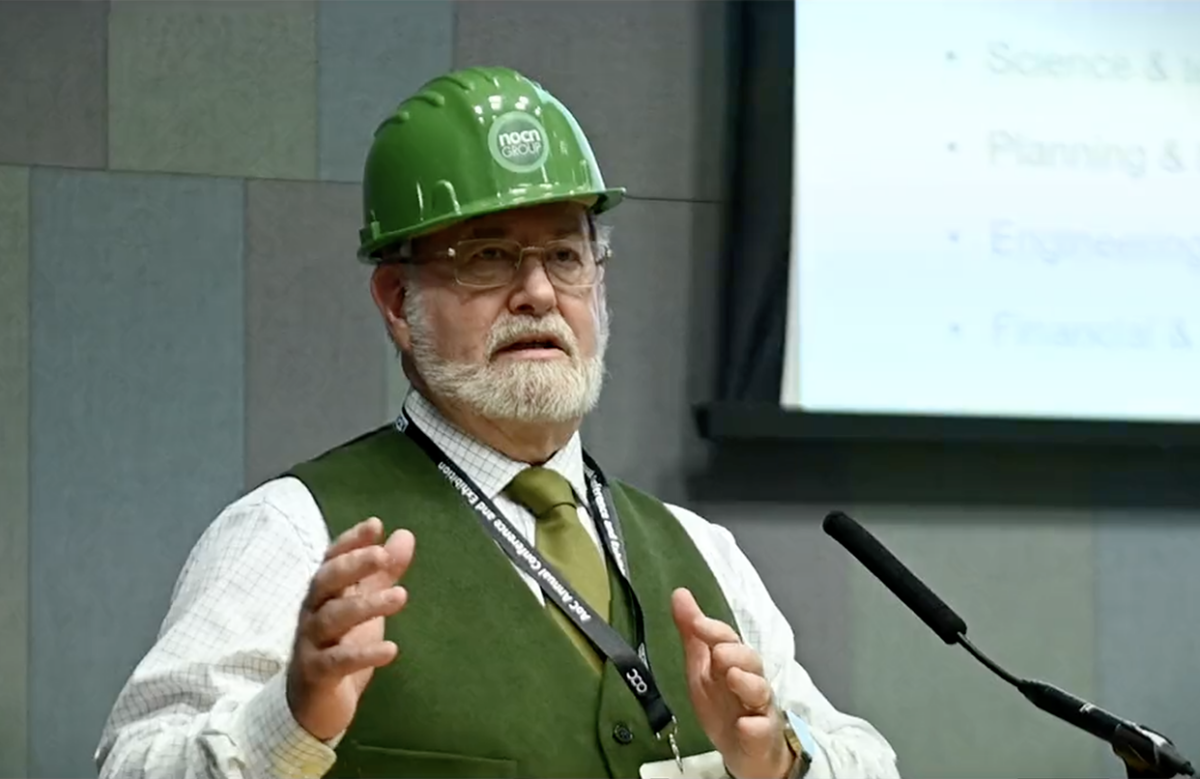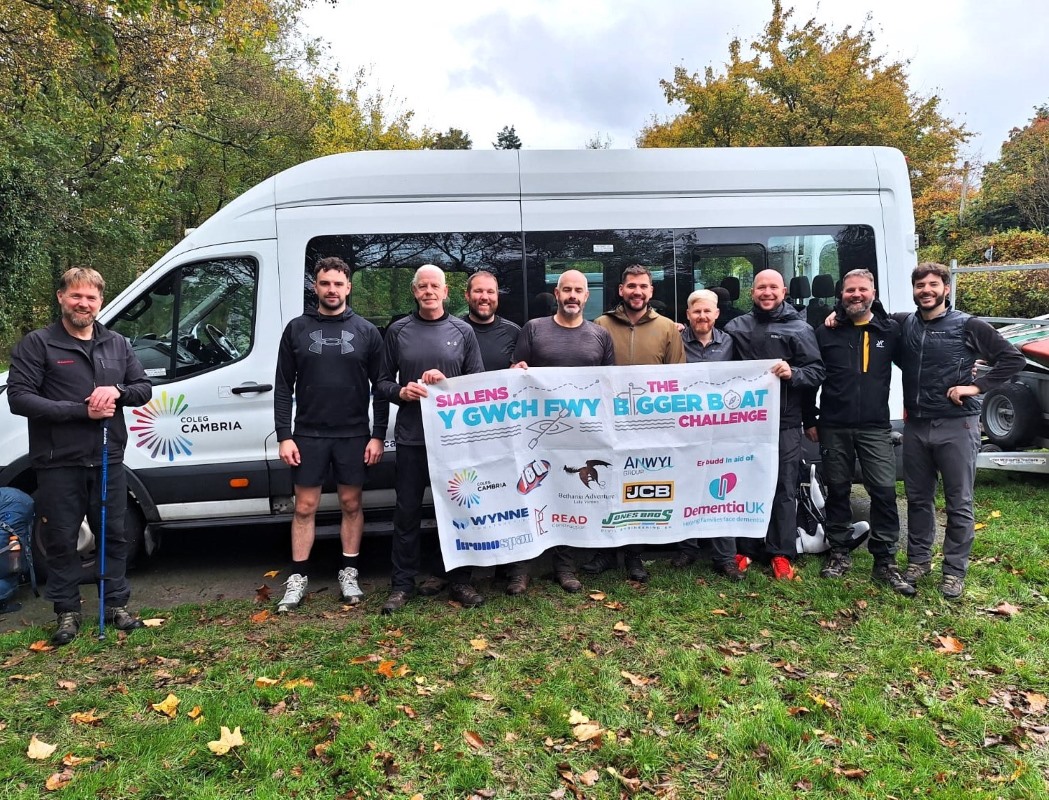A Sustainable Skills System is critical to support the greening of the UK’s skills.

Headlines from COP27 are deeply concerning, with reports of economic losses from extreme weather in Asia, greenhouse gases at record levels, and an upsurge in climate change impacts. The United Nations warn that we are not prepared for the impact of climate change, with energy security, water and health at severe risk. Governments and citizens need to take urgent action if we are to reverse the drivers of climate change and meet Net Zero by 2050.
Here in the UK, it is increasingly clear that the transition to Net Zero will only be possible with a skilled ‘green’ workforce to build, operate and maintain the necessary assets for energy, retrofit and carbon capture, as well as related infrastructure in the logistics, utilities and transportation industries.
A complete transition from fossil fuels to renewable energy is critical if we are to avert increasingly dangerous climate change impacts. But whilst the UK has strong engineering, science and technology skills to support the drive to Net Zero, it lacks enough people with those skills, particularly within the operational workforce, mainly at Level 2, to build, operate and maintain ‘green’ physical environmental assets.
Confusion about what is meant by ‘Green Skills’, and how to deliver them at a practical level within technical and vocational education, is slowing us down. So are the policy changes in the ‘Skills and Post-16 Education Act 2022’ which are taking too long to implement and are not yet delivering a strong foundation of curriculum content for reskilling and upskilling the workforce to deliver Net Zero.
If we are resolve these key issues, there is an urgent need for collaboration between employers, training providers, awarding organisations, manufacturers, Trade Unions and all the industry bodies, such as CITB and ECITB, on a co-ordinated 5-to-10-year programme to meet the UK Net Zero commitments.
Central Government needs to own the governance of the Skills system, and work in collaboration with the devolved governments, and local combined authorities to set the framework, enabling awarding organisations to build training programmes, for local provider delivery. The Green Jobs Taskforce made a start in outlining the challenge, in their 2021 report, but there is little evidence of any next steps.
We urgently need a Sustainable Skills System, which is agile and responsive to the needs of the Green economy, supporting the implementation of a National Skills Strategy. Common Occupational Standards are needed across the UK, but with modularised provision to allow full-time training or part-time bite-sized provision, as outlined in our recent paper ‘Thoughts on a Sustainable Skills System for the UK’.
Learners, employers and providers are all vital to the success of the Skills System, along with awarding organisations to design the training, and funding is key in supporting all parties sufficiently to ensure true urgency of delivery. It will be a false economy to scrimp on this investment, as the true cost of the increasing climate emergency will be enormous, to be paid in financial reparation of infrastructure, food, energy and water insecurity, and lives lost.
Tutors and assessors are key enablers of the skills system, and their upskilling is crucial for green skills delivery. This needs to happen within the next 6 months if we are to ensure Green training provision begins for the 2023/24 educational year.
Our new paper ‘Greening the UK’s Skills’, in conjunction with the British Association of Construction Heads (BACH), outlines the range of adapted and new skills the UK’s economy will urgently need to build and operate over the next 5 to 10 years if we are to be successful in reaching Net Zero.
Commenting on the publication of the report, Chief Operating Officer at IfATE, Robert Nitsch said: “IfATE welcomes this report from NOCN and BACH. There can be no doubt that there is a need to re-orientate to Green across the economy and that skills are an essential part of this. IfATE is absolutely committed to ensuring that its apprenticeships and technical qualifications fully embrace sustainability priorities and is getting on with this work as a matter of urgency – the report helpfully lays out the size of the challenge which we all have a part in resolving.”
Report author, Graham Hasting-Evans says:
“The great risk facing the planet is climate change. If we are to successfully tackle this life-threatening challenge we must collaborate across Government department, Industry and Sector to develop and build our ‘Green Skills’, including crucially at Level 2, within the operational workforce.”











Responses